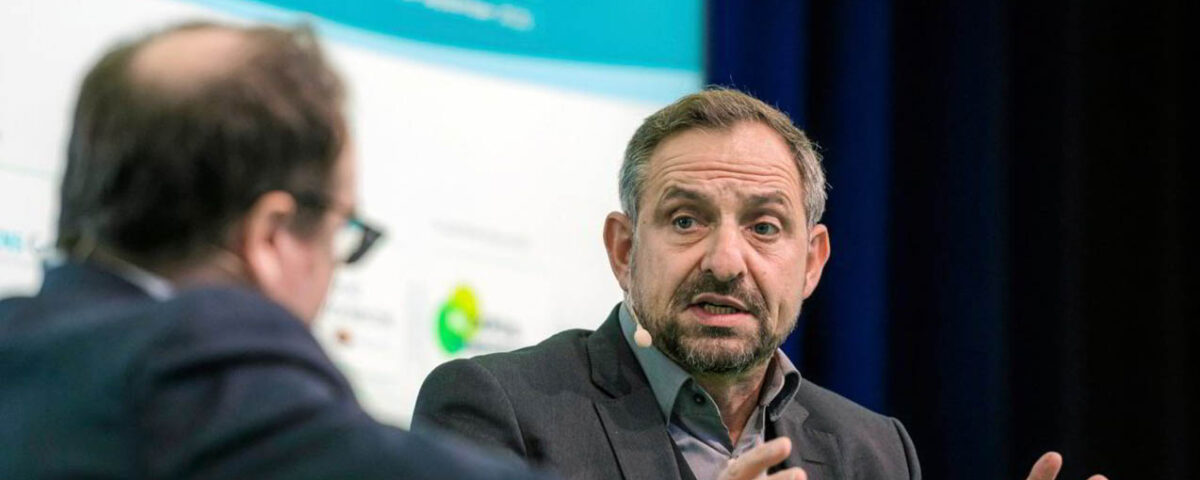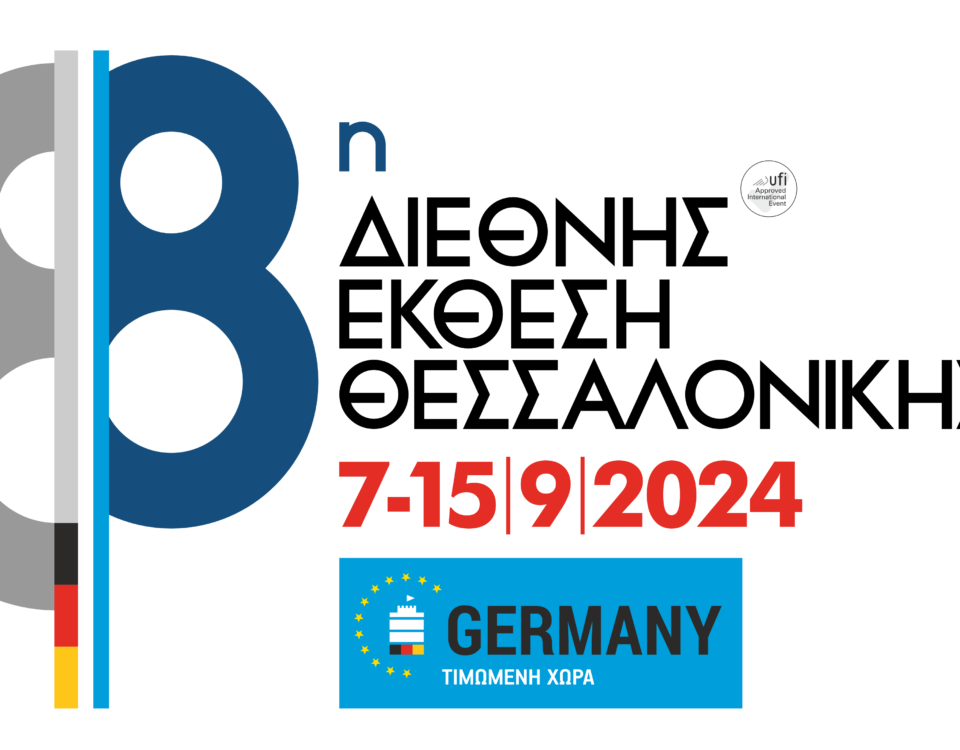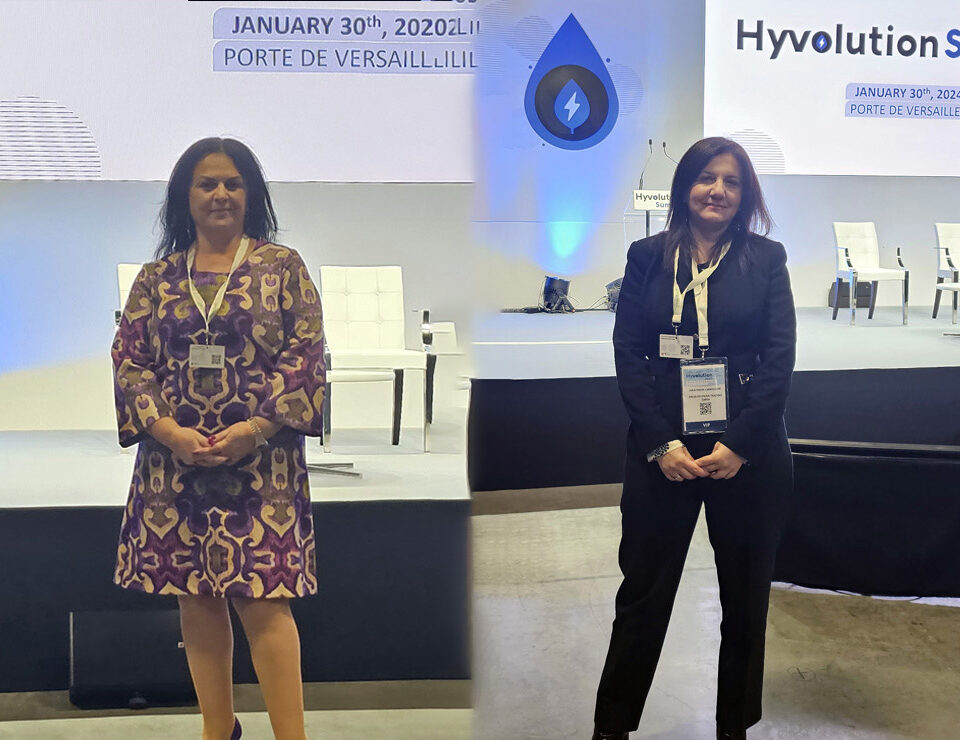
LONGi – China’s First 10,000-ton Green Hydrogen Refinery Project Starts Operation
July 14, 2023
Spain To Approve Green Hydrogen Projects Regulation
July 18, 2023The EU’s green hydrogen scale-up is being delayed by a lack of certification schemes that will allow producers to prove that the H2 they produce is truly renewable according to the EU’s strict definitions, the bloc’s hydrogen and renewable gases industry has warned.
In an open letter to the European Commission (EC) yesterday (Thursday), six trade bodies including Hydrogen Europe, Eurogas and Fuels Europe, called on the EU to urgently resolve the matter now that the bloc’s delegated acts (DA) defining renewable fuels of non-biological origin (RFNBOs) have come into force.
“Despite the entry-into-force of the relevant production criteria, the absence of a clear certification framework still hampers the scale-up of the EU’s RFNBO market,” the letter reads. “A harmonised RFNBO scheme is an essential precondition for counting RFNBOs towards the regulatory mandates defined in the RED III [Renewable Energy Directive], as well as for their commercial development.”
The six bodies called on the EU to “urgently” provide implementation guidance to accreditation bodies, warning of conflicts in the legal text that leave certain requirements open to interpretation. It also called on the EU to clarify how non-EU producers planning to supply the EU with renewable H2 imports can demonstrate compliance with the DA’s criteria.
Brussels must also make sure standards are enforced by collaborating with international standards bodies so ensure timely development of “trusted auditing schemes” for international projects, the group added. Moreover, poor visibility means that accreditation is being developed on the fly.
“In the absence of EU-level guidance on the implementation of the Delegated Acts, certification and accreditation bodies need to clarify arising questions on an ad-hoc basis,” the letter read. “This may lead to non-harmonised implementation. The resulting lack of visibility for consumers and producers threatens to further delay critical investment decisions.”
Among other measures, the DAs define RFNBOs as green only if they meet strict additionality requirements, including (in the majority of cases) the use of certified renewable power from plants less than three years old, and proven monthly matching of electrolyser operation with additional renewable power supply.
Producers and consumers will not be able to count the molecules towards hydrogen targets, or collect any subsidies, without demonstrating compliance. Rules in the DAs’ parent legislation, the Renewable Energy Directive II (RED II), also mandate that low-carbon hydrogen will not count towards emissions reduction targets unless it can be proven to be 70% less emissions-intensive than fossil fuel equivalents. The group also called for “timely” accreditation of certification bodies.
At present, there are a number of voluntary schemes which can in theory guarantee that green hydrogen is made from renewable sources (hydrogen Guarantees of Origin, or GOs), but these on their own will not be sufficient to demonstrate compliance with the DAs, the EC told Hydrogen Insight.
“The use of GOs is not required to implement the rules set out in the hydrogen delegated acts,” a spokesperson for the EC said. “GOs may be used as a tool for demonstrating compliance with certain criteria of the additionality delegated act but they are not sufficient to fulfil all requirements.”
Producers will need to prove additional compliance via an EU-recognised certification scheme for RFNBOs. Two such schemes have applied for official recognition by the EC, including the industry-backed CertifHy, but neither have yet been accredited. In the meantime, Denmark has launched its own hydrogen GO scheme, alongside that of the Netherlands.
The EC is reportedly waiting for the two schemes to implement all the requirements for recognition, and expects other RFNBO certification schemes to follow with more applications.
In addition, the Green Hydrogen Organisation (GHO) this week told Hydrogen Insight of a proposal to include Delegated Act compliance in its latest, beefed-up version of its pilot Green Hydrogen Standard.
However, the standard is still in the pilot stage, being tested by six companies only, including Australia’s Fortescue Future Industries.
The full list of signatories to the letter:
- Hydrogen Europe
- Eurogas
- Cefic
- CO2 Value Europe
- Efuel Alliance
- Fuels Europe




